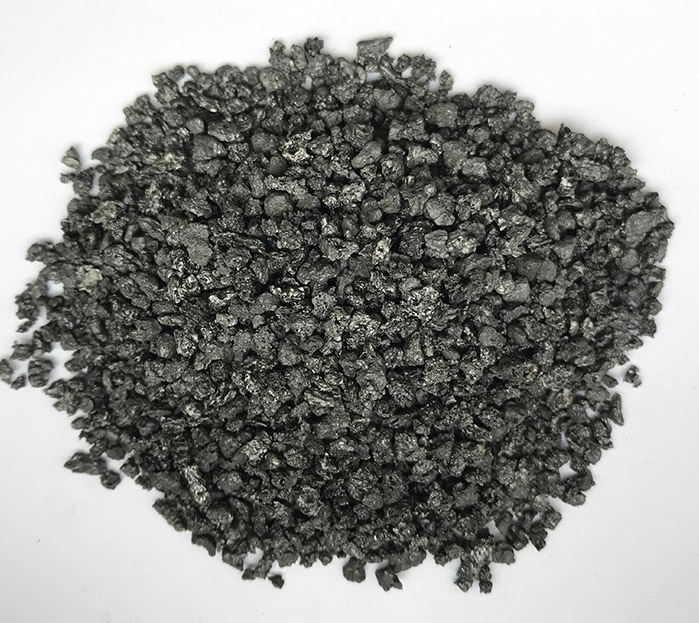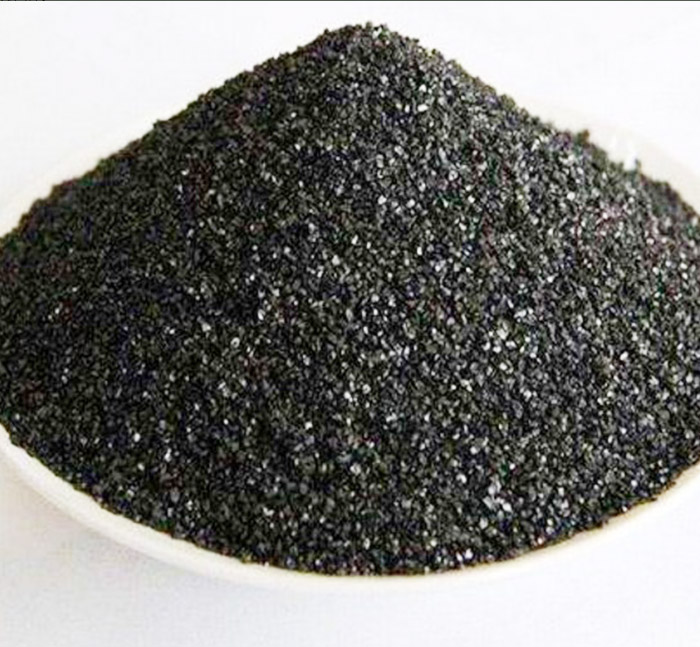In the production process of carbon materials, petroleum coke calcination is a crucial step. This process, through high-temperature heating treatment, not only removes impurities and volatile components from petroleum coke, but also significantly improves its physical and chemical properties, laying a solid foundation for the subsequent production of carbon products.
Petroleum coke, as a black or dark gray hard solid, is mainly composed of tiny graphite crystals, with porosity and metallic luster. It is not only an important raw material for graphite electrodes in the steelmaking industry, but also the main component of anode paste in industries such as electrolytic aluminum. However, uncalcined petroleum coke contains a large amount of moisture, volatile matter, and impurities inside, which can easily cause volume shrinkage and even lead to cracks in the product during the subsequent roasting process, seriously affecting the quality of the finished product.
The calcination process of petroleum coke is generally carried out under isolated air conditions, with temperatures typically reaching around 1300 ℃. During this process, the moisture in the petroleum coke is expelled, the volatile matter gradually escapes, the change in sulfur content is accelerated, and the increase in ash content is effectively controlled. This series of changes causes the volume of petroleum coke to shrink, resulting in a more stable structure, significantly improved electrical conductivity, mechanical strength, and true density, and enhanced antioxidant capacity.
It is worth noting that different types of petroleum coke, such as delayed petroleum coke, asphalt coke, and needle coke, have different calcination effects due to differences in geological conditions, ages, and coking temperatures for coal formation. Therefore, during the calcination process, it is necessary to adjust the process parameters according to specific circumstances to achieve the best results.
Overall, petroleum coke calcination is a key process for improving the performance of carbon materials. Through this process, the physical and chemical properties of petroleum coke have been significantly improved, providing high-quality raw materials for the subsequent production of carbon products. In the future development, with the advancement of technology and the improvement of processes, the petroleum coke calcination process will play a more important role and contribute more to the development of the carbon materials industry.



